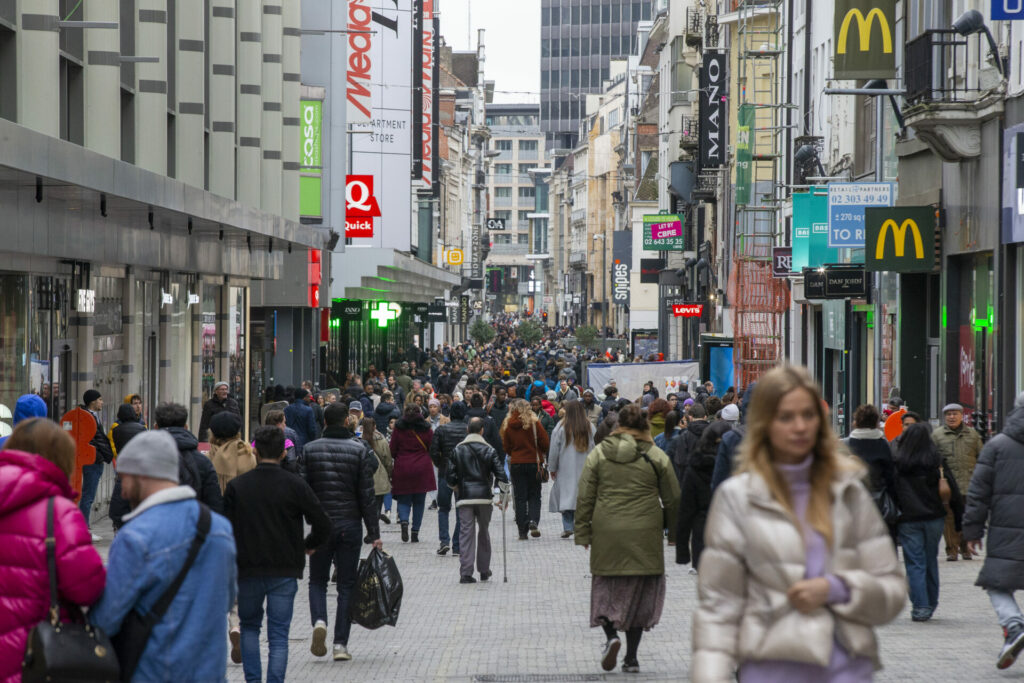Belgian workers in the public sector, as well as pensioners and those receiving State benefits, will see a 2% bump to their income in the coming months, due to a rise in inflation in April.
Inflation in Belgium rose from 3.18% in March to 3.37% in April, according to data from Belgian statistics office Statbel, largely driven by a rise in energy prices due to the ending of certain energy crisis supports for households.
The smoothed health index (a four-month average which is used as the basis for indexation of pensions, social security benefits and some salaries and wages) reached 128.32 points, exceeding the threshold required to trigger automatic salary and benefit hikes.
Because this index was surpassed in April, as expected by the Federal Planning Office, social benefits are set to be indexed up by 2% next month, while in two months' time public sector wages will also rise by 2%.
Belgium's current system of government-mandated wage indexations was introduced in response to rampant inflation in the aftermath of the First World War - although today employers argue that the inflation-linked salary hikes are unaffordable.
Belgium is the only eurozone country other than Luxembourg in which both public and private wages are automatically indexed to inflation.
The Federal Planning Office revised its inflation forecast for 2024 upwards earlier in April, now predicting a rise of 3.3% compared to the previous 3% prediction.
The increase in the health index is set to reach 3.4% in 2024 and 2.0% in 2025, compared to 4.33% in 2023 and 9.25% in 2022. In line with these predictions, the next pivot index overshoot is expected in April 2025.
Fall in food product and core inflation
For the 13th consecutive month, food product inflation (including alcoholic beverages) fell, standing at 0.25% in April compared to 3.21% in March. Core inflation, which doesn’t factor in energy price changes and unprocessed food products, fell to 3.26% in April from 3.85% the previous month.
Major price increases were noticeable in fuel and the hospitality industry, while price drops were particularly evident in food products, clothing items, foreign travel and pet supplies.

